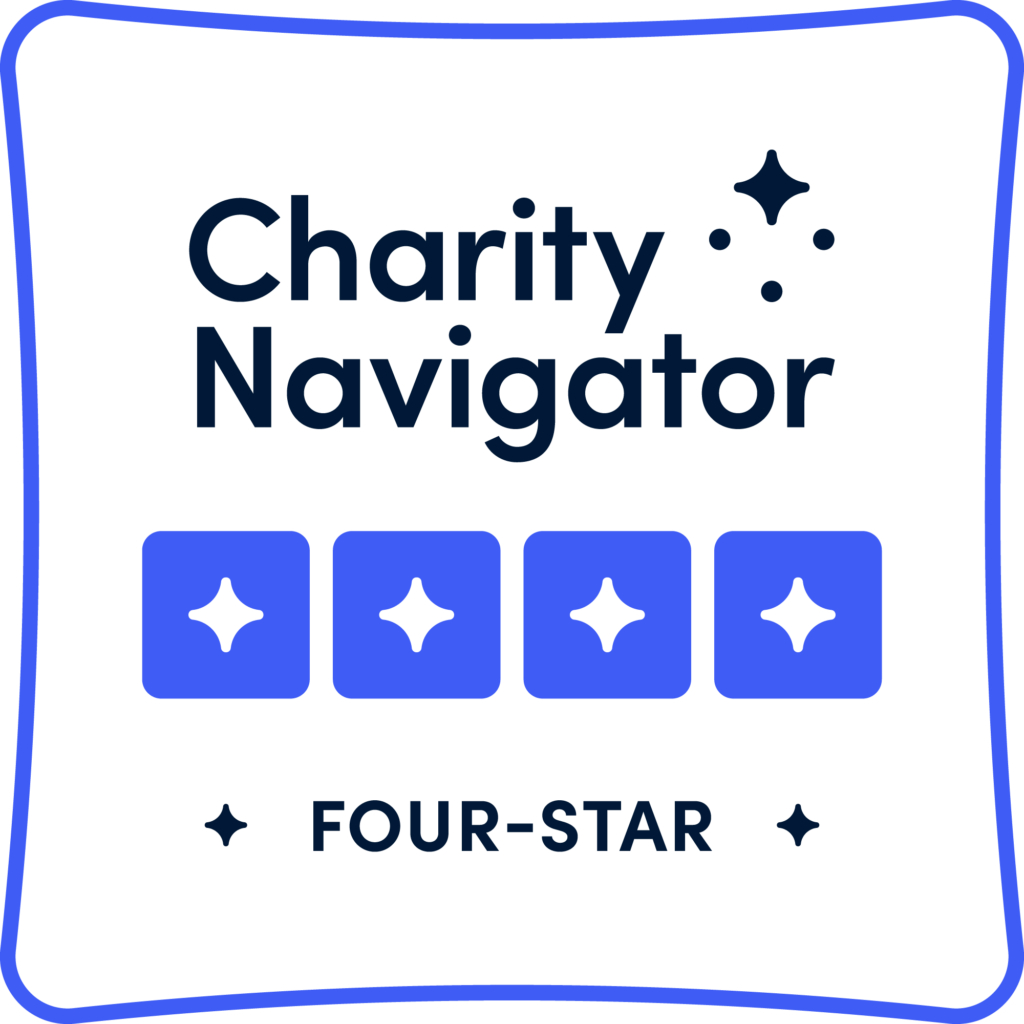Wills and Documents
Taking Responsibility for Yourself and Your Loved Ones
“If I am Not for Myself, Who Will Be For Me?” (Pirkei Avot 1:14)
This famous teaching of Hillel the Elder is more than a pithy saying, it’s a call to action to ensure our affairs are in order.
Rabbi Yisrael Meir Kagan (d. 1933), the revered “Chofetz Chaim,” cited this passage to urge people to sign a financial will (“last will”). He added that they should do this even when there is no immediate fear of death as it is a responsible step at any stage of life.
If you don’t take the time to express your wishes now, how will others know them later?
A century earlier, Rabbi Chaim Fallagi (d. 1868), the great Sephardic scholar, urged people to plan their own funeral arrangements, including trying on burial shrouds. He gave two reasons:
- Reflecting on mortality encourages people to take life seriously and not engage in frivolous behavior.
- Ensuring one’s wishes are honored provides peace of mind.
Today’s world demands even more planning. Beyond burial and financial wills, there are additional steps to protect yourself and your loved ones.
Planning Ahead Prevents Confusion and Conflict
When decisions are left unspoken, families can face unnecessary stress, uncertainty, and even conflict. The more you document and communicate your wishes, the easier it is for your loved ones to honor them in difficult moments.
As Hillel’s teaching continues: “If I am only for myself, what am I?”
Essential Steps to Protect Yourself and Your Family
Emergency Contact Information:
- In a crisis will emergency personnel know who to call?
- Carry an emergency contact card in your wallet.
- Add emergency contacts to your phone (iPhone and Android) or use an ICE (In Case of Emergency) app on your home screen.
Life Insurance and Disability Insurance:
No one plans for a sudden illness or accident, but these events happen. Prepare for the unexpected—praying for the best doesn’t mean ignoring the risks.
Life and disability insurance provide financial security for your loved ones in case of an unexpected tragedy.
Financial Will:
A financial will ensures:
- Efficient distribution of assets to loved ones.
- Avoidance of disputes over inheritance.
- The opportunity to leave a charitable legacy to causes you care about.
Parents of minor children should also include guardianship plans—who would care for your children if you couldn’t?
(See here for an explanation about halakhic concerns regarding Biblical laws of inheritance).
Advanced Healthcare Directive and Conversation Guide:
Critical healthcare decisions should reflect your values and wishes—even if you’re unable to express them.
- Who do you trust to make medical decisions on your behalf?
- Which rabbi should they consult?
- What are your preferences regarding pain management, life support, and end-of-life care?
These are not just concerns for the elderly or ill. Every adult should have an advance healthcare directive.
Ematai’s Netivot advance healthcare directive and conversation guide is a user-friendly document to help you document your wishes and share them with your family, rabbi, and healthcare team. Review your answers regularly.
Legacy Letters:
Since the time of Yaakov, our Biblical patriarch, Jews have left final messages to their families—passing down values and wisdom.
Don’t just pass down assets—leave a vision.
A legacy letter, sometimes called an ethical will, is your chance to inspire future generations. Today, you can write, record, or video your message to share your beliefs and experiences. You can learn how to create a legacy letter here.
Burial Arrangements:
Do you want to be buried in a specific place—next to family, in Israel, or in another location?
Designate who should speak at your funeral and document key life events you’d like remembered.
Communicate your wishes to loved ones so they can respect your choices.
Consider pre-purchasing a burial plot—often more affordable in advance.
Organized Paperwork:
Store key information in a secure physical or digital location that is easily accessible by those who might need it.
- Financial and healthcare documents
- Insurance policies, bank account locations, investment details, safety deposit box locations, etc.
- Digital assets such as, email accounts, frequent flier numbers, phone passwords, internet account passwords and more.
There’s No Better Time Than Now
Some of these steps are simple. Others take time. But the best time to start is today.
As Hillel concludes: “If not now—when?”
Ematai!




